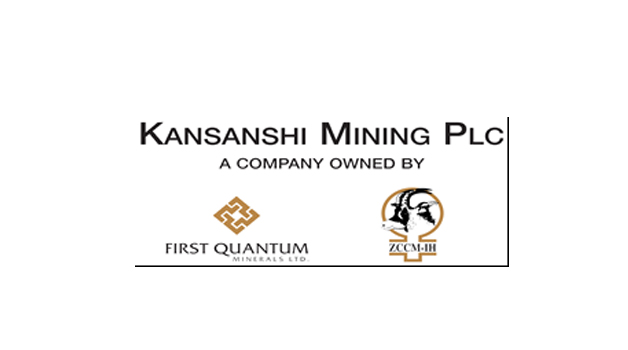Africa-focused energy firm Chariot Ltd and French power producer Total Eren have struck a deal with First Quantum Minerals that will facilitate the construction of a 430-MW renewable power complex for its operations in Zambia.
The partnership will see the mining and metals company receive electricity from locally-based wind and solar power capacity, Chariot said on Monday.
Specific details about the renewable energy initiative were not available immediately but updates are expected to be provided in due course.
The contract is aligned with First Quantum Minerals’ goal for a 30% reduction of its carbon dioxide (CO2) emissions by 2025, It was signed following an agreement between Chariot and Total Eren from last November to jointly originate and develop wind and solar projects for mining customers in Africa.
Construction of the wind-solar complex is planned to be initiated in 2023.
“The project will offer significant benefits to Zambia, by unlocking some of its world-class renewable potential. It will help the country realise some of its untapped solar and wind resources by attracting large-scale foreign investment and adding significant renewable energy capacity,” said Anthony Mukutuma, general manager of FQM’s Kansanshi Mine.
First Quantum Minerals says the project will cost $500 million and will be funded by a TotalEnergies SE-backed company and Chariot Ltd.
The project is also a shift for First Quantum that had planned on investing in a 300-megawatt coal-power project in neighboring Botswana to supply the Zambian mines.
A 230-megawatt solar plant and 200-megawatt wind farm will be built to supply the Kansanshi and Sentinel mines, which collectively produced 434,847 metric tons of copper last year, more than half of Zambia’s total output.
Total Eren, almost 30% owned by TotalEnergies, and Chariot Transitional Power, a unit of Chariot, will fund, build and operate the project.
First Quantum’s installation will be among the biggest wind and solar plants in Africa.
Fabienne Demol, Total Eren’s global head of business development, said in the statement that solar energy will be produced during the day and wind generation mainly at night, with the project producing at peak capacity during Zambia’s dry season when the country is most exposed to droughts.



Good news way to go in this 21st centuary
Must be very windy in Zambia, would make sense if they invested in battery technology to harness the solar energy.
You are killing jobs at ZESCO………
#3 London: yes this is bad news for Zesco, but it’s their own fault. Instead of focussing on expansion with solar and wind, they are more interested in buying expensive cars for unproductive directors. Ditto with CEC, they should have jumped at the opportunity, now it’s the French running away with it!
At London &no corruption zed: you guys are thinking exactly the way a black African should think, I.e think with your head dipped in the sand. And this is why the colonizers succeed and only in Africa, it’s because of a thinking like these two and moreover these two could even be degree holders. Imagine?
I had an opportunity to study business & one of the things u learn is that when u start a business u ve to do a business plan, & one component in that plan is “Competitors”. I don’t know if you guys have ever heard of anything like this during your four years at UNZA or CBU? Cos even a marketeer understands that paja pa corner pali amake, who also sells the same product. If it it so mukomboni, who is Zesco not to have a competitor?
And over & above, what do u think makes prices go down? It’s not mainly mass production or inflation or magic, No! It’s competition. For as long as Zesco is the only source of energy, they reserve the right to charge whatever they feel and even increase whenever they feel. And no one will ask them a question ok.
Comments are closed.